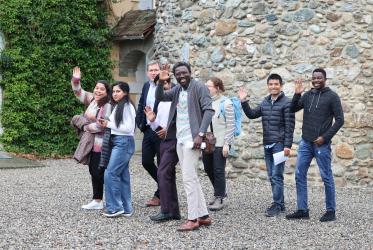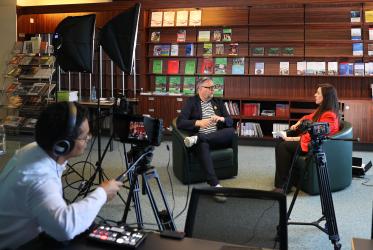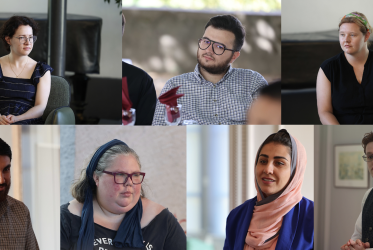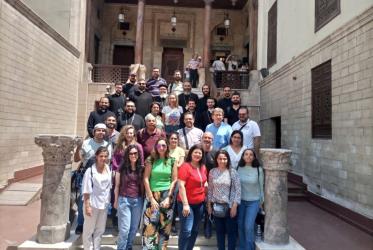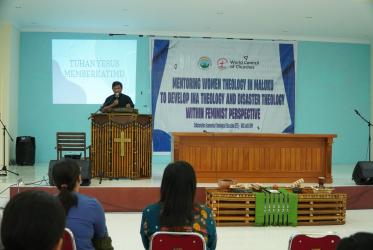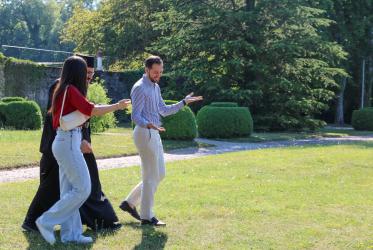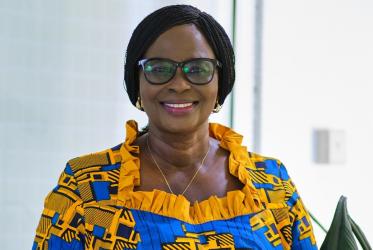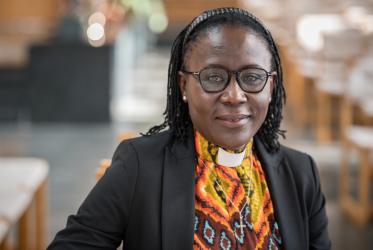Displaying 1 - 20 of 83
Young Black Europeans: “common witness has an open ear”
30 November 2023
WCC institute encouraged rethinking theology
23 November 2023
Ahead of Her Time
Pan-African Women of Faith and the Vision of Christian Unity, Mission, and Justice
01 November 2023
Chateau de Bossey thriving as lives are transformed
08 September 2023
The Future of Mission Cooperation
The Living Legacy of the International Missionary Council
24 March 2023







